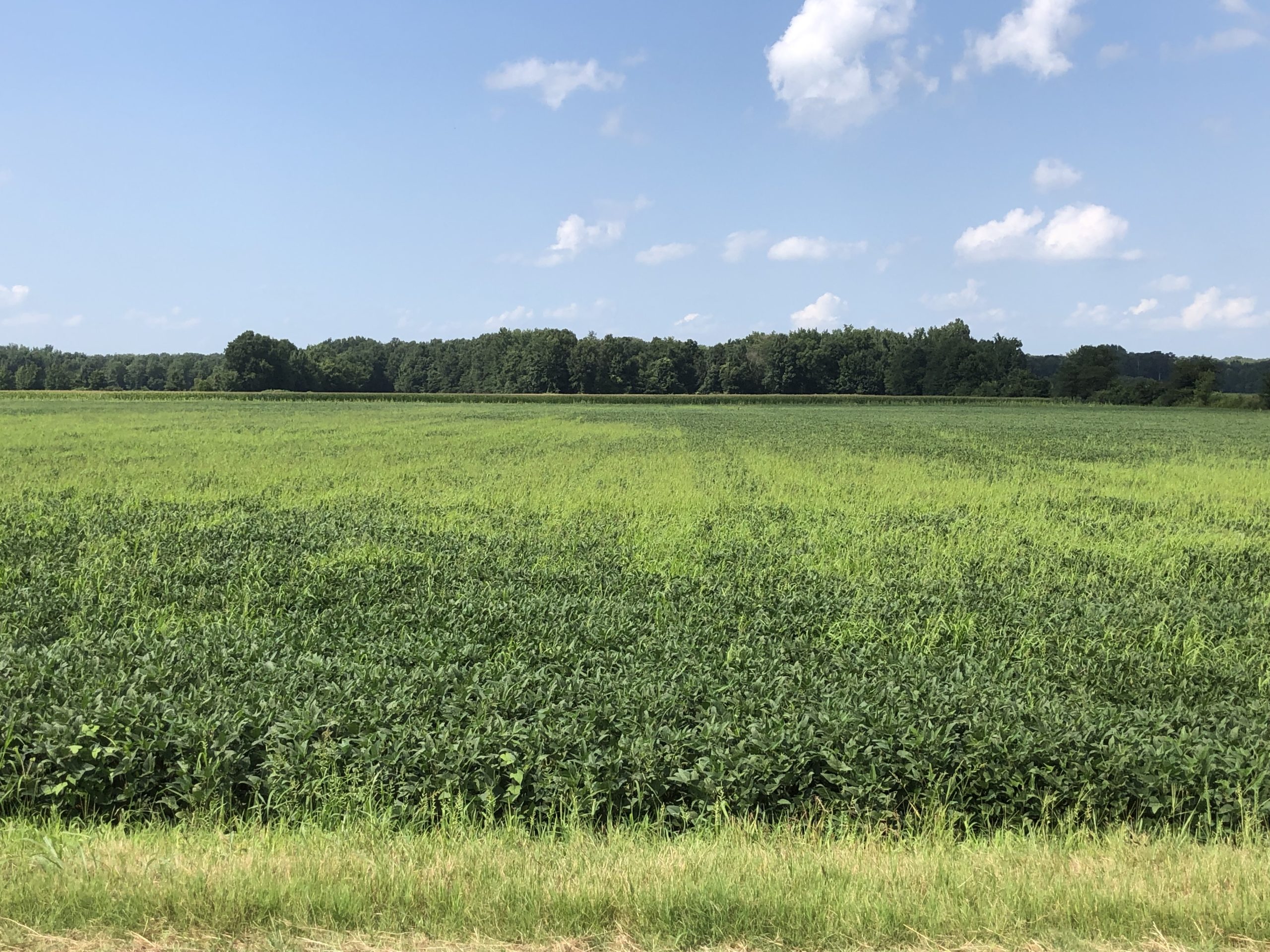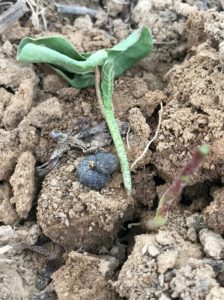So far, the cotton growing season in Tennessee has been a little on the cool side with highs in the mid 60’s for most days and typically dropping into the lower 40’s at night. In addition to cooler temperatures, there has also been frequent rain fall. These two factors could potentially play into cotton seedling disease development. Continue reading
Category Archives: Cotton
Call of the Week: Virtual Scout School
In this podcast, Scott Stewart lays out plans for summer educational programing, including Cotton Scout School (which will be held virtually on May 29) and Soybean Scout School (virtual with date TBD). He also discusses advantages/disadvantages of online learning and murder hornets. Listen. Continue reading
Dicamba Application Best Managment Practices
Wet and cold with more rain in the forecast. Ugg! That sums up our spring planting season to date. Hopefully, next week, we will get our break and can get a good bit done in the field. When that time comes, please remember to use best management practices applying all herbicides but particularly dicamba containing products! Continue reading
Results of UT Studies on Reasons for Junglerice Becoming a Major Pest in Tennessee Xtend Cotton and Soybean Acres

The results of some studies UT Extension has done to try to determine why junglerice has become a major weed pest in Tennessee Xtend cotton and soybean acres has provided some insights. This research was in-part supported by the Tennessee Soybean Promotion Board and from Cotton Incorporated. Continue reading
Insects on the Radar

This article is a reminder about some critters we need to watch for in the coming few weeks. It’s easy to let something slip through the cracks when you are distracted with planting operations. Try to circle back to emerging fields as best you’re able during the first 2-3 weeks after planting to check on plant stands and other issues.
Wheat – True armyworm is the insect most likely to cause issues at this time of year. Even so, it doesn’t commonly require treatment. However, excessive defoliation before the dough stage can reduce yields, and this pest is easily controlled with pyrethroid insecticides. The treatment threshold is 6-8 larvae per square foot while wheat is still in the milk stage. You can read more about true armyworms at Continue reading
Call of the Week: Summer Internship Opportunity
Dr. Heather Kelly joins this week’s podcast to discuss a 2020 summer internship opportunity at the West TN AgResearch and Education Center. It’s open to students from any college or university…not just UT…and you get paid! Continue reading
Junglerice/Barnyardgrass Starting to Emerge in Tennessee

We have started to notice Junglerice/Barnyardgrass emergence here in West Tennessee on Tuesday (April 28th). The key way to ID junglerice at this young stage is the purple base and flat stem. As the grass matures, you will start to notice some purple striping on the leaves as well as not having a ligule.
Summer Internships in AgResearch and Extension
Do you know a college student who is interested in science or agriculture, but needs more experience before starting their career? Tell them about the USDA-NIFA funded Research and Extension Experiences for Undergraduates (REEU) Internship at the West TN AgResearch and Education Center in Jackson, TN. Continue reading

